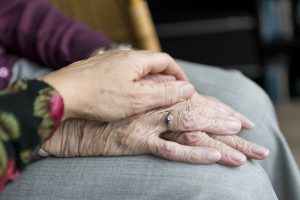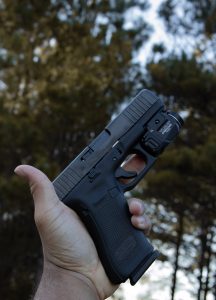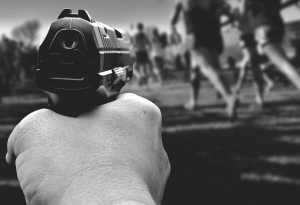 After passing the Florida Senate recently with unanimous votes, the bill aimed at making changes to guardianship law inches closer to becoming law. The bill was introduced after a guardian in Central Florida attempted to place do not resuscitate (DNR) orders on clients without having received their permission. It will now be evaluated by the House.
After passing the Florida Senate recently with unanimous votes, the bill aimed at making changes to guardianship law inches closer to becoming law. The bill was introduced after a guardian in Central Florida attempted to place do not resuscitate (DNR) orders on clients without having received their permission. It will now be evaluated by the House.
Known as HB 709 and SB 994, the bill will make restrictions on what guardians can and cannot do while also adding greater supervision to cases where elderly and vulnerable patients are being cared for by guardians.
Should the guardianship bill receive the necessary votes in the House, it will then be evaluated by Florida Governor Ron DeSantis. During summer 2020, the governor requested a probe into Florida’s guardianship program following the criminal investigation into the guardian making the DNR orders.
 Florida Criminal Defense Lawyer Blog
Florida Criminal Defense Lawyer Blog










